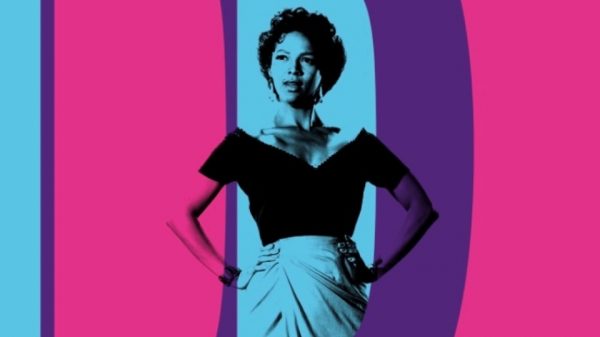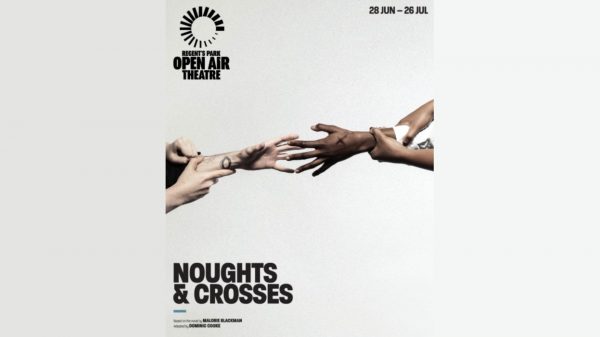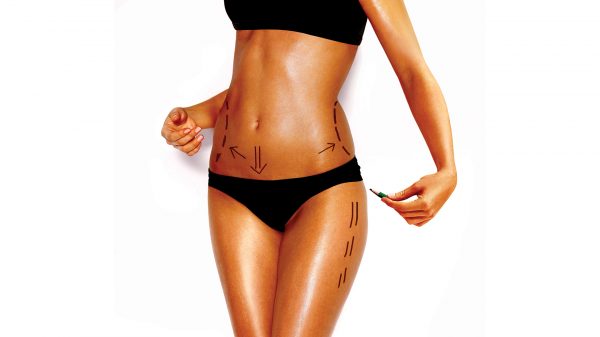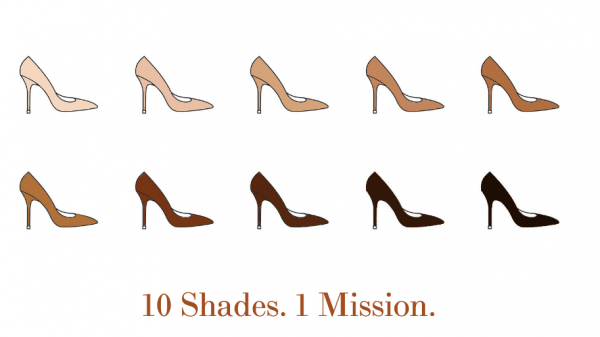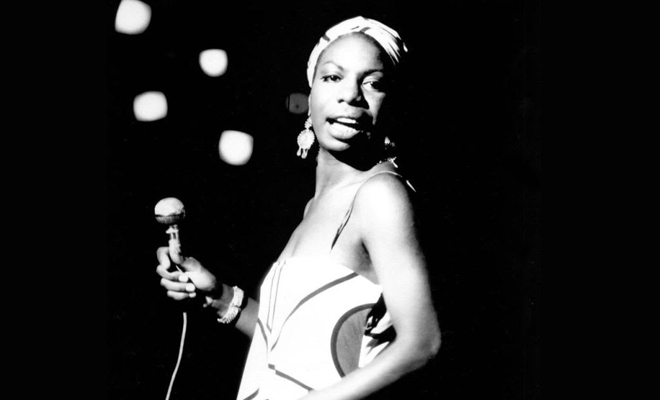With the much talked about biopic of Nina Simone out soon, Pride went in search of the real Nina and discovered that no movie-making controversy could ever match up to the real life of Ms Simone.
Nina’s expletives were only being punctuated by swigs from a glass perched precariously on her Bechstein, as she lashed her French audience with a few choice words. But no matter, her voice had become a siren call to the white middle-class Europeans of her adopted homeland. She could be brutal with them but equally her voice was intoxicating, exploring the dark reaches of emotion yet defiant, almost menacing at times.
Her disdain for her audience had history, too much history in fact. Dating back to before the creation of Nina Simone, back to when Eunice Wayman, a precocious pianist aged five, was made to give piano recitals for her parents’ white employer friends whilst her parents languished in the far reaches of the room, straining to get a view. From that date she fostered a hatred of anything she considered as exploitation and rarely respected an audience. However her hopes of becoming the world’s first black concert pianist were dashed when she was refused a music scholarship 12 years later. “I never got over it,“ she would later declare. She took a gig in Atlantic City but was told after her first night that if she did not sing as well as played she might as well pack her bags. Knowing her mother would disapprove, she decided to sing under the name Nina Simone, although this did not mollify her and she would only come to see her sing twice during her long career.
More gigs came and as a following built up she discovered that she had a talent for composition penning soon-to-be anthems of the Civil Rights movement like, ‘Young, Gifted and Black’ and ‘Mississippi Goddam’. But it was her reputation as a dramatic mercurial live performer that her legacy would be built on.
She regarded any attempts to please the audience as ‘Uncle Tom-ism’. They had to deal with her on her own terms. She would walk out if they were too noisy or demanded renditions of hits she no longer cared to sing.
The latter years were a mixed blessing. TV advertisements driven by the hunt for catchy tunes made her early songs like ‘Feeling Good’ into huge hits but this coincided with Nina becoming even more erratic and somewhat undignified. She took exception to the size of a royalty cheque she got for a song (‘My Baby Just Cares For Me’) she had written for her first album back in the 50s when it became a hit in the late 80s and chased the record exec through a restaurant with a knife. She found herself exiled from her homeland due to unpaid taxes and in her new adopted home of France she ended up with a suspended sentence for shooting and wounding a rowdy teenage neighbour.
Although of average height, Nina from a young age possessed a powerful and intimidating build. Throughout her life she favoured older father figures as partners including the Earl of Barrow and the Prime Minister of Barbados but none of these relationships lasted.
Nevertheless, no matter the derision she would pour particularly in her later life on many that crossed her path, her baleful presence was still capable of entrancing an audience right up to her death at the age of 70 in 2003. As she swayed off the stage that night in Marseilles, she smiled for the first time at her audience saying, “Don’t worry I hate singing live, I only do it for the money. Goodnight.”
If you want to check out Nina at her magical best listen to her 1989 Live From Ronnie Scotts album






